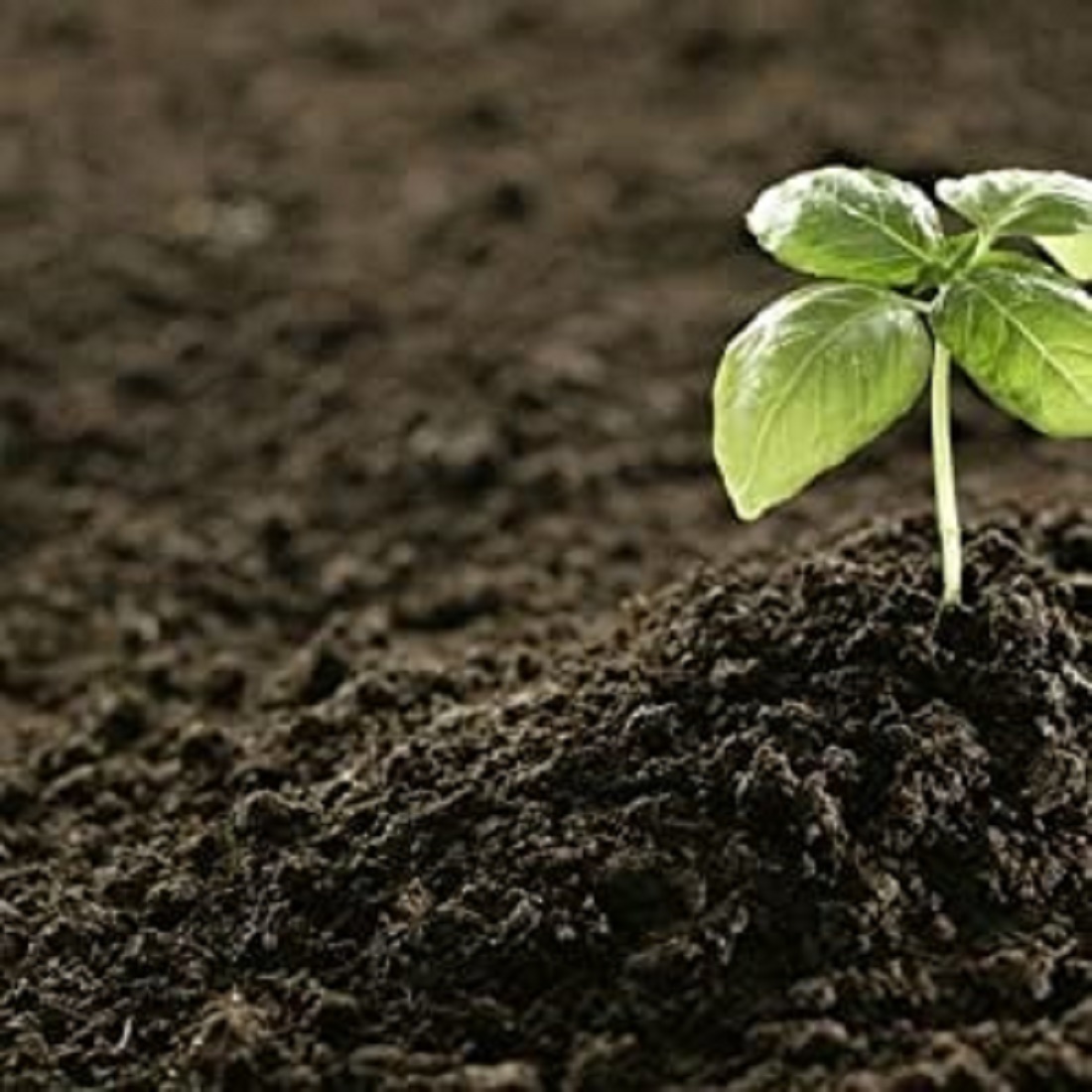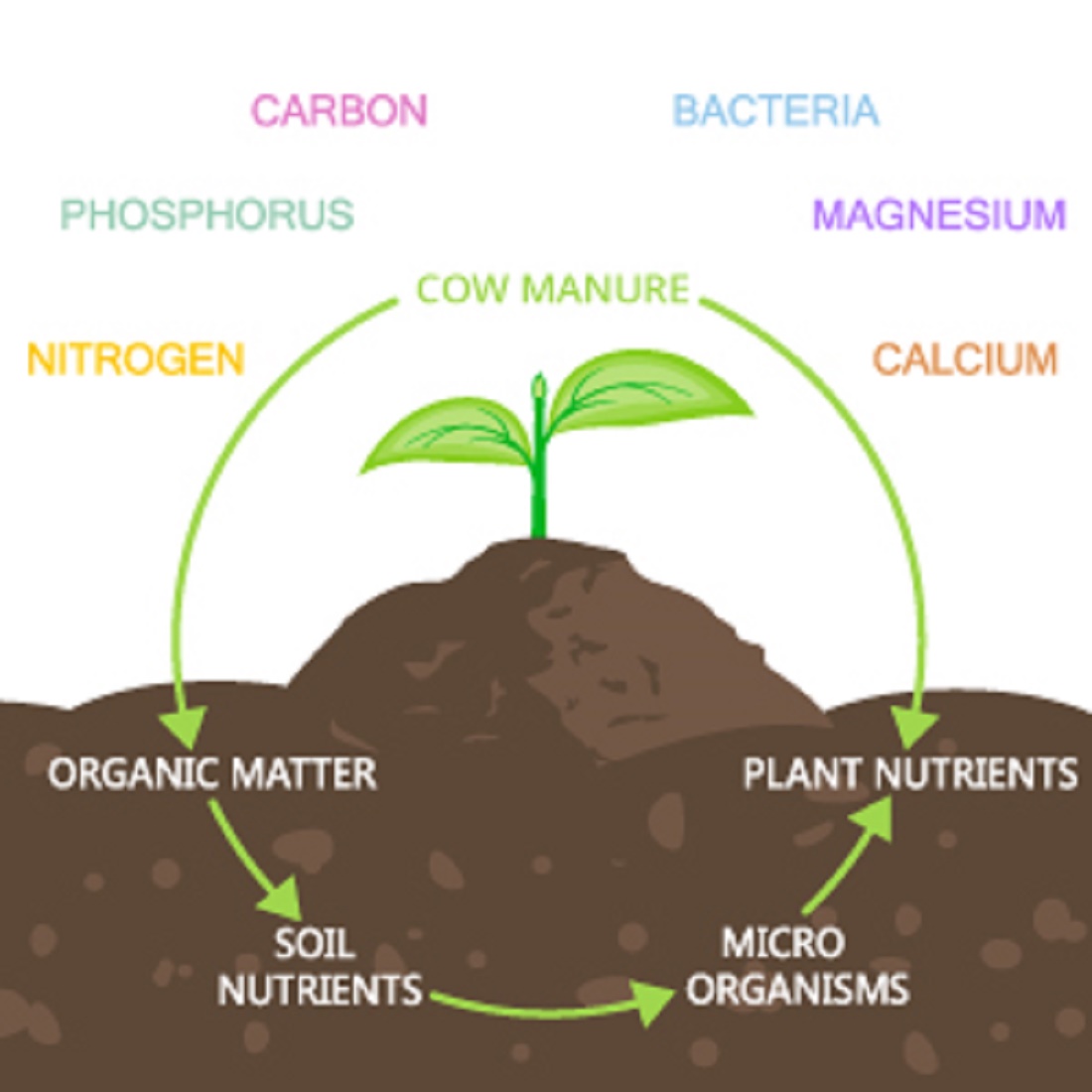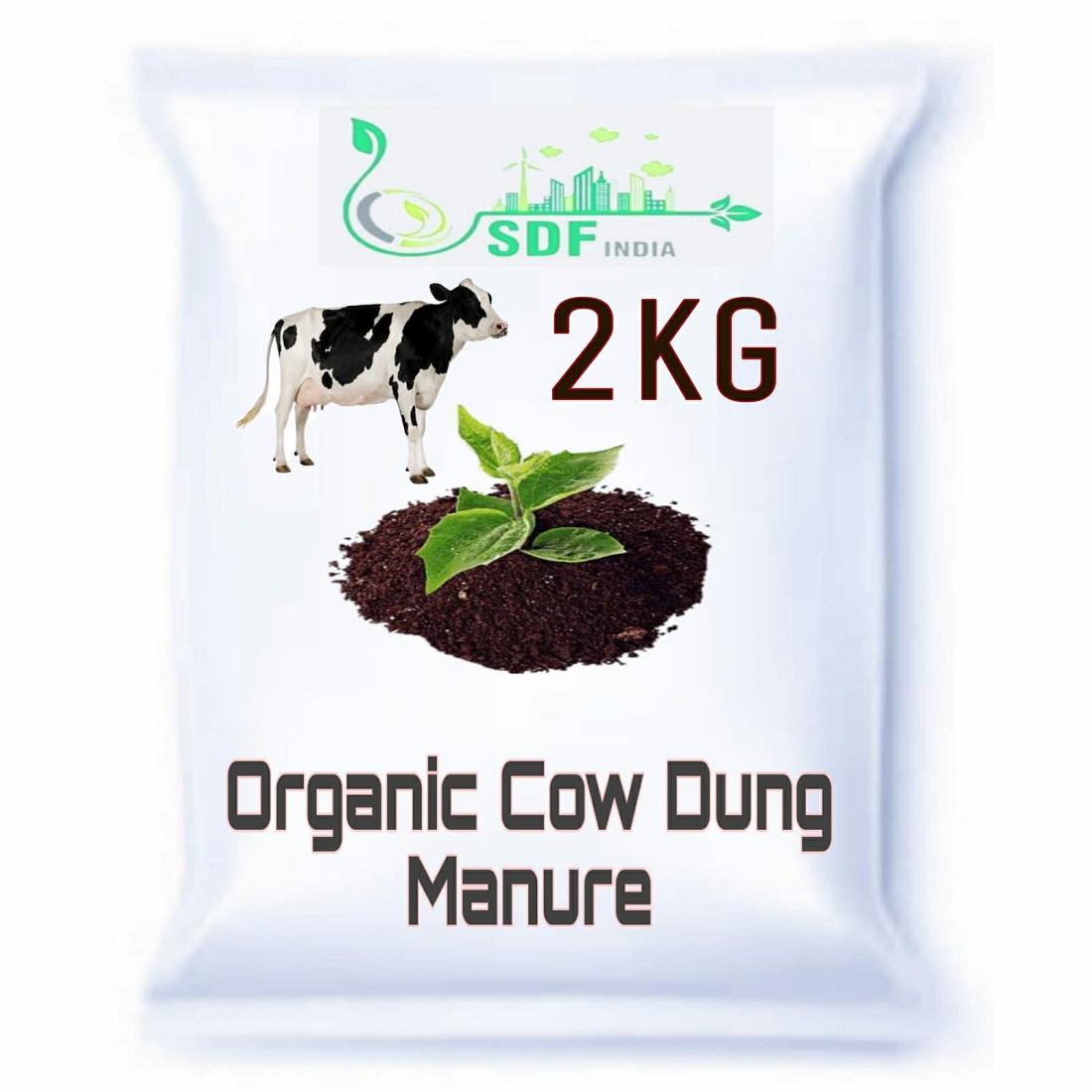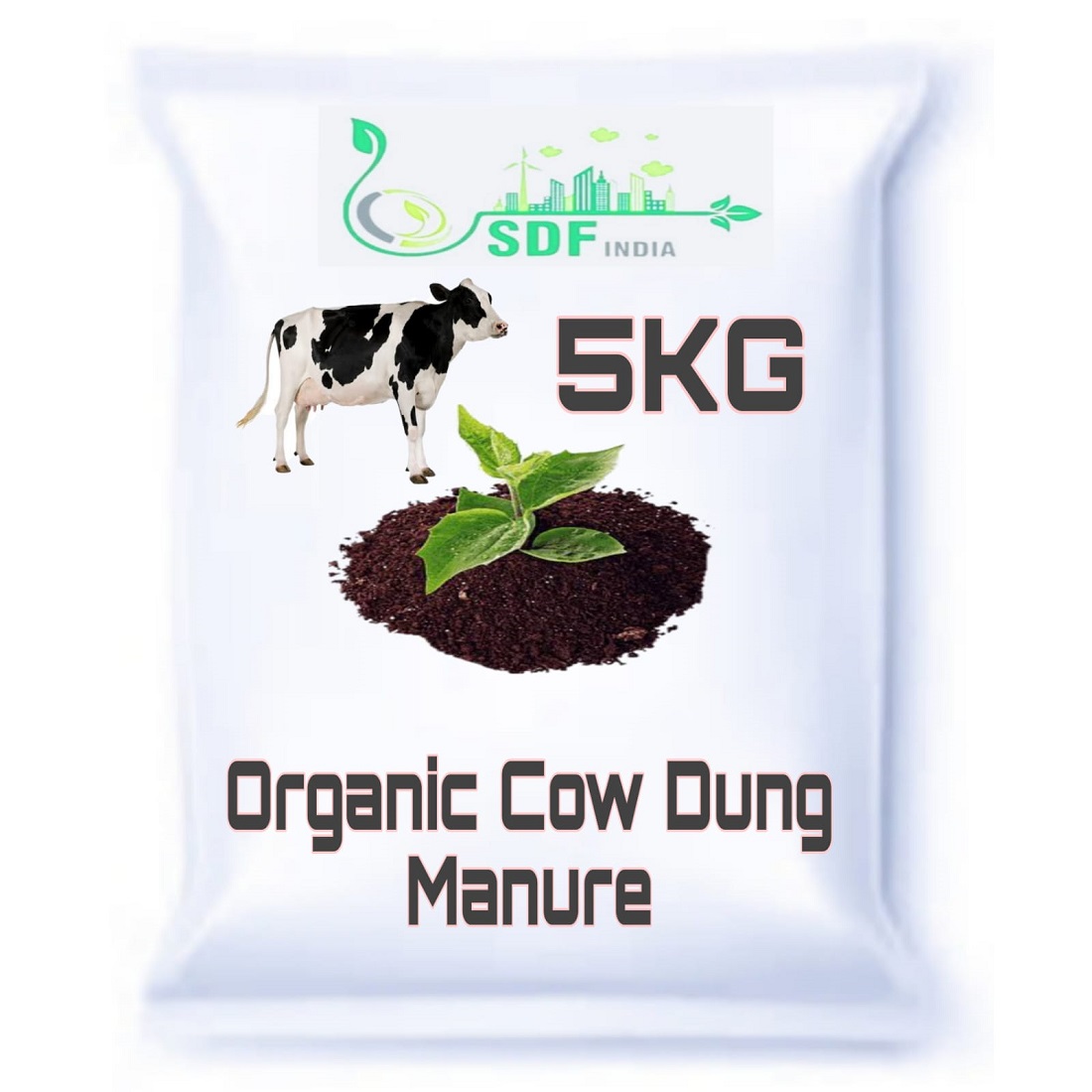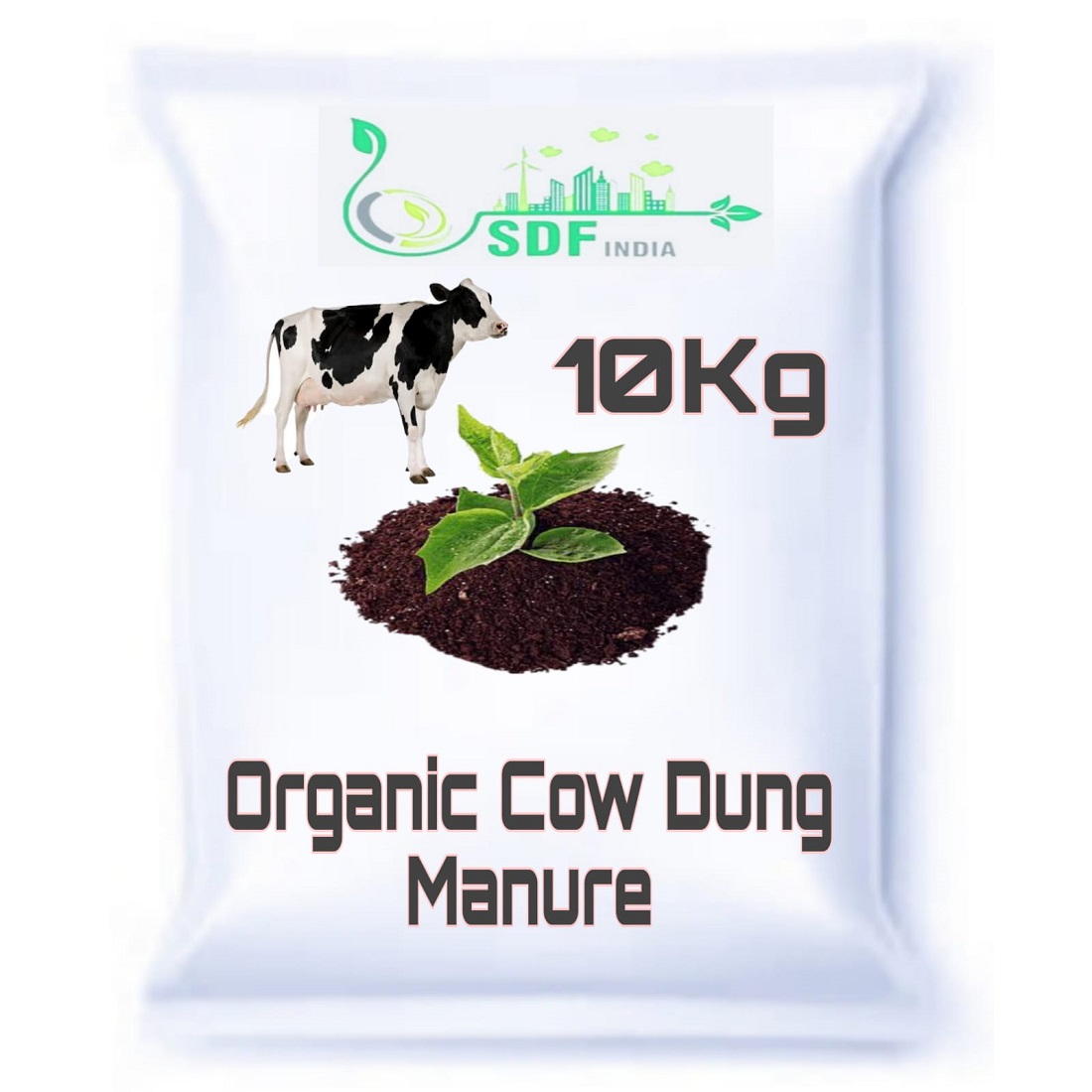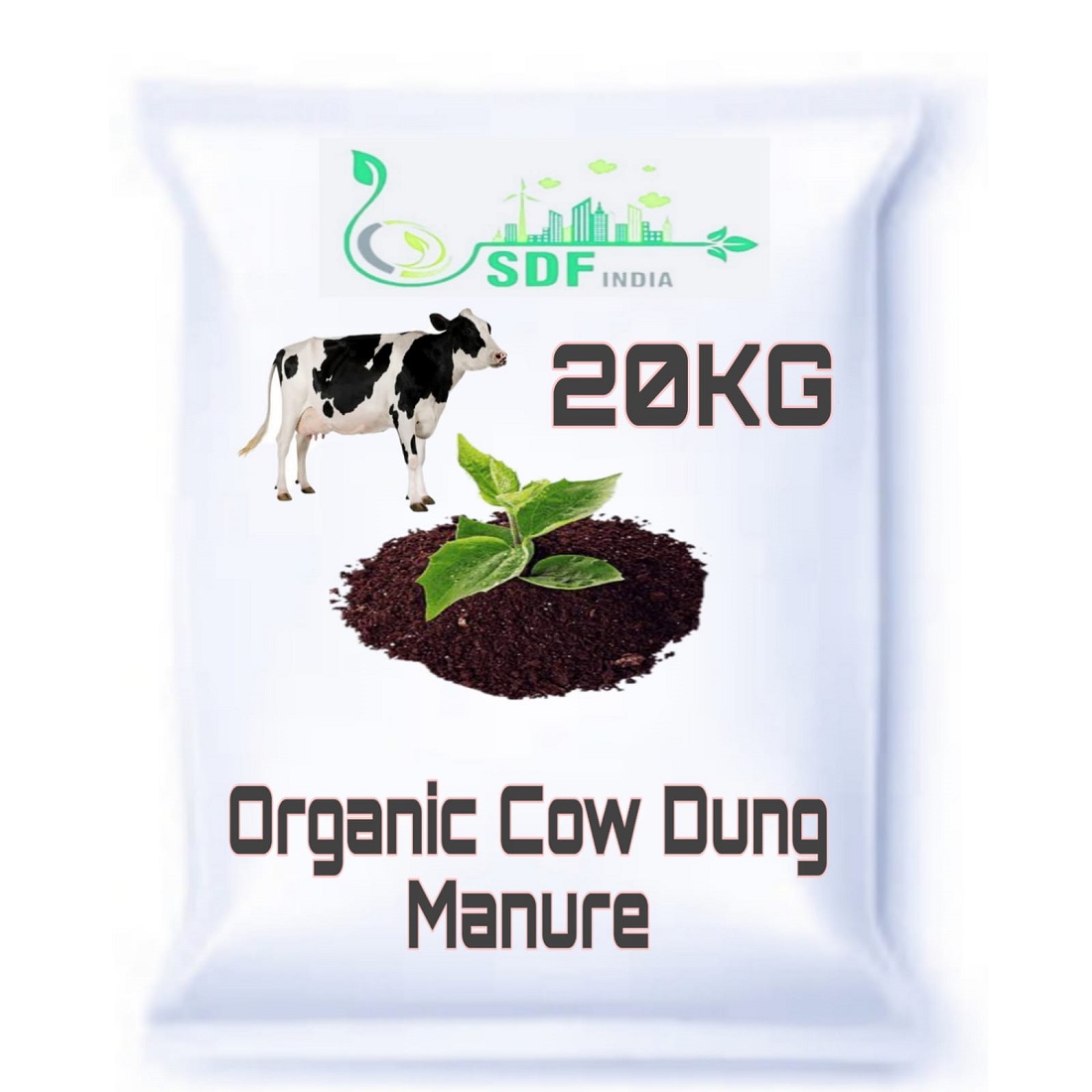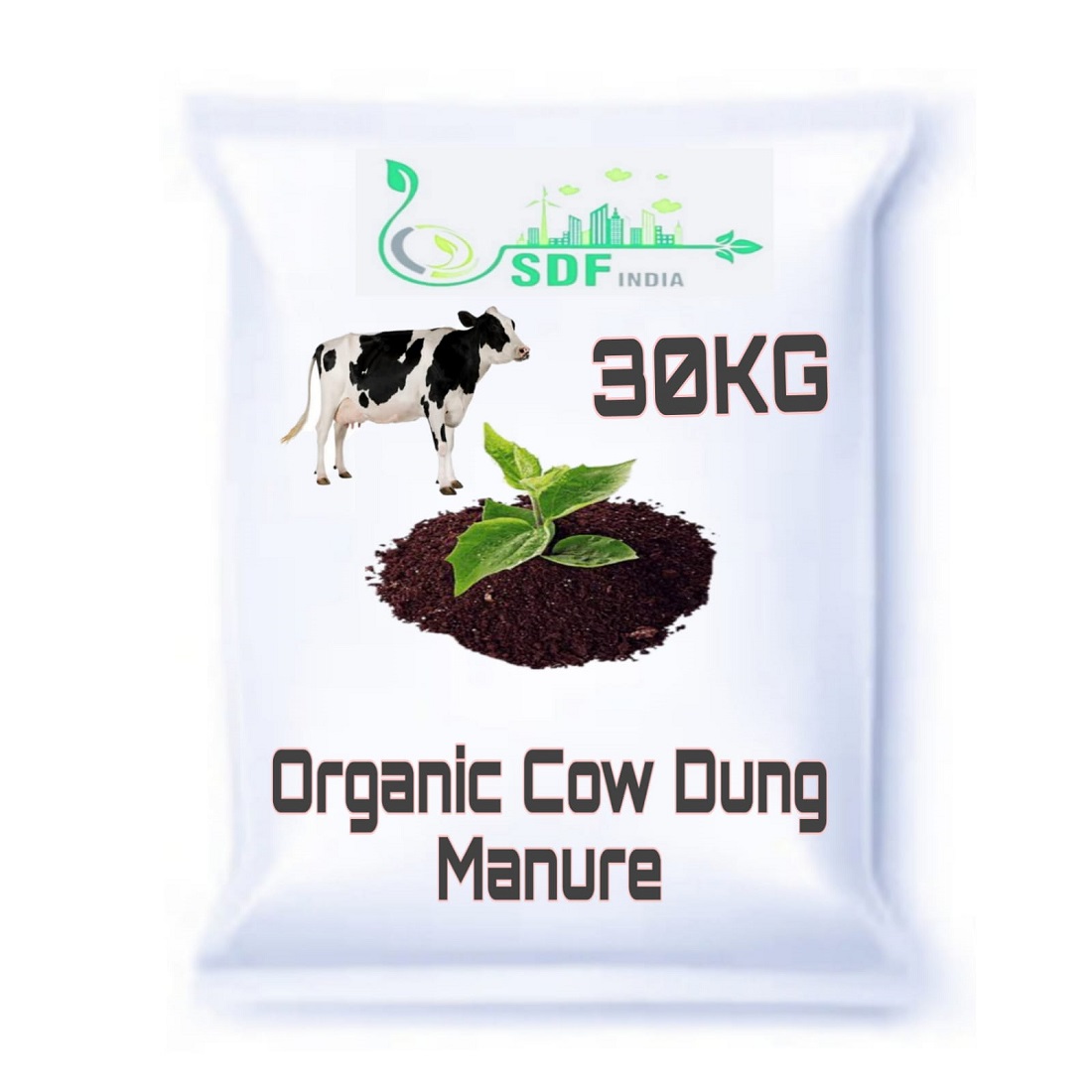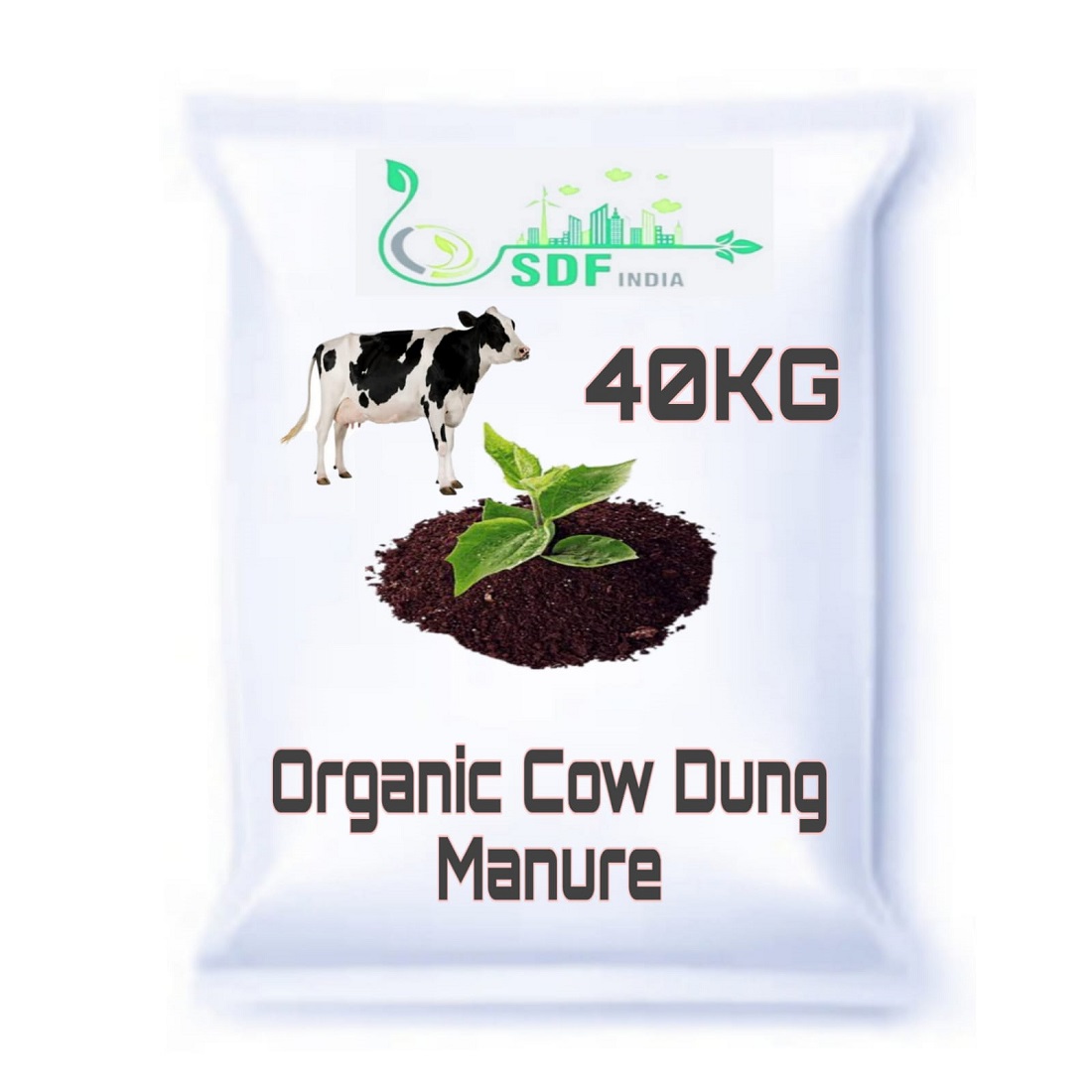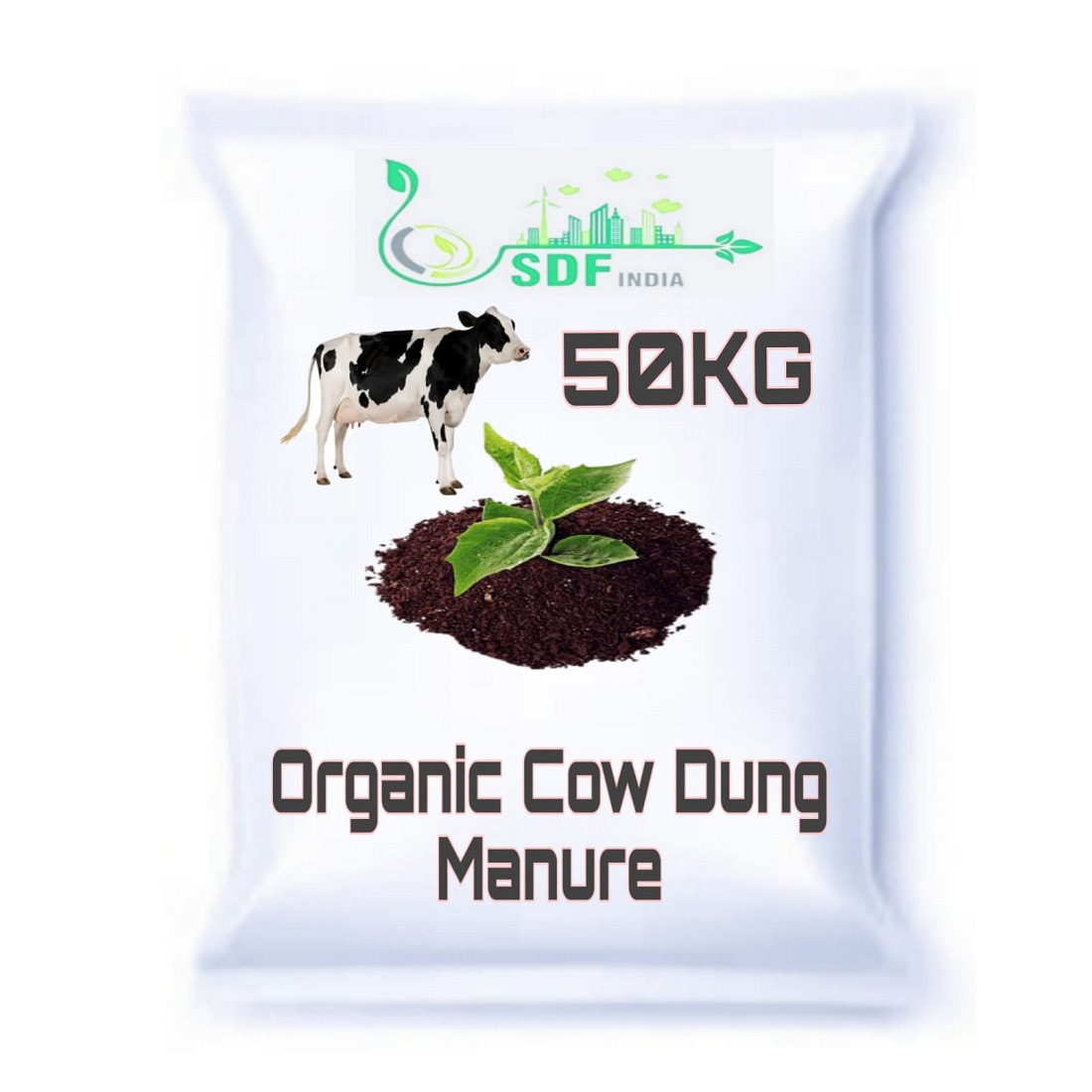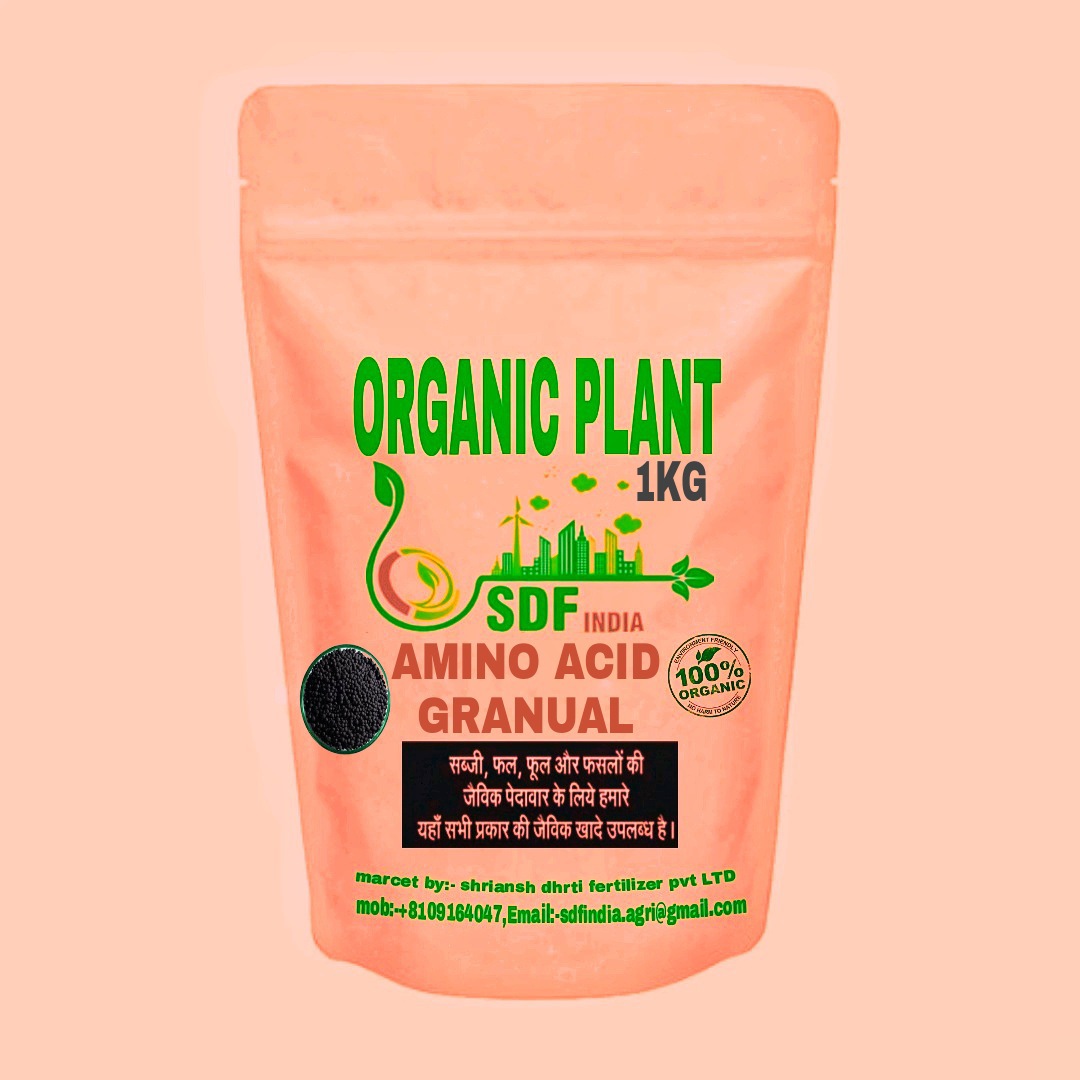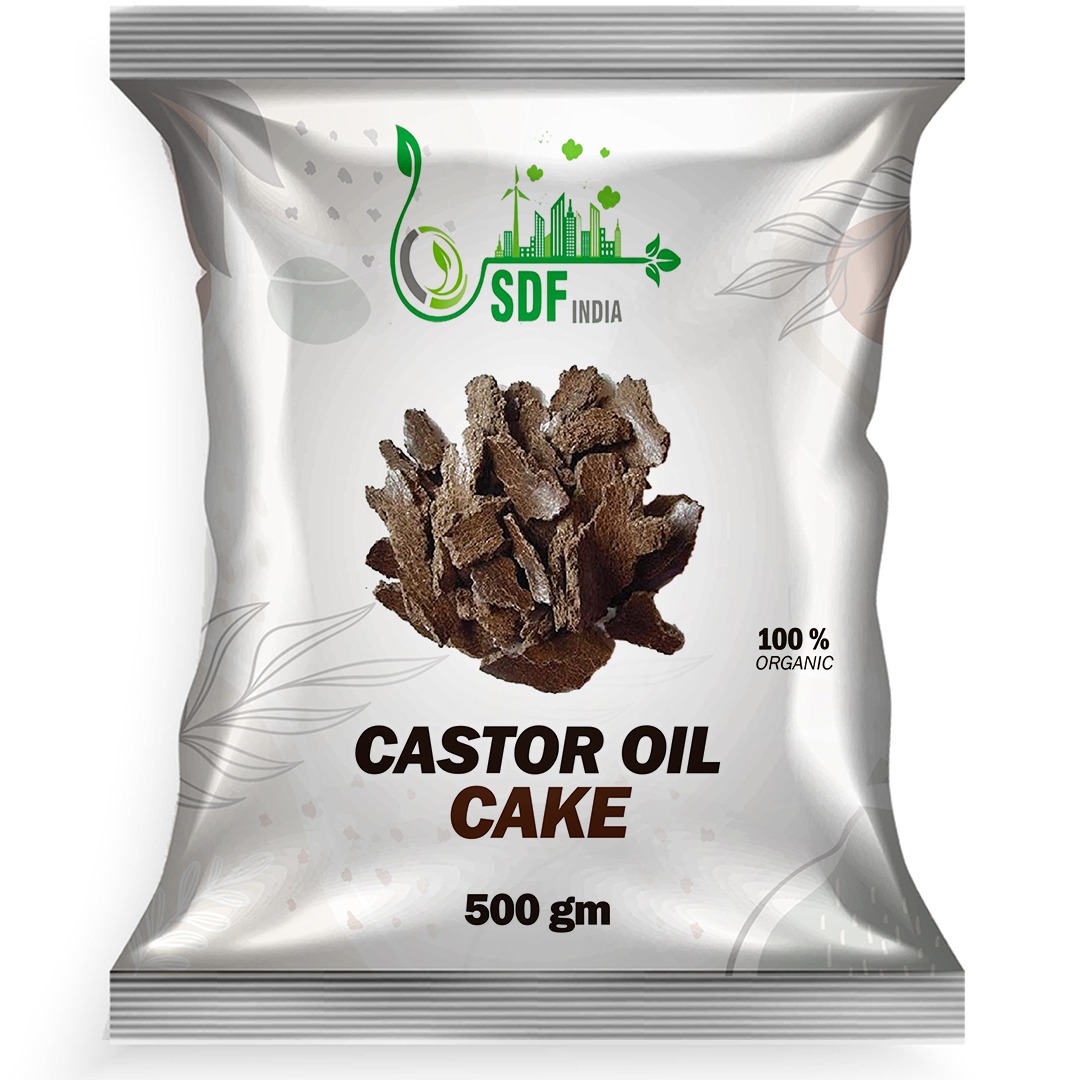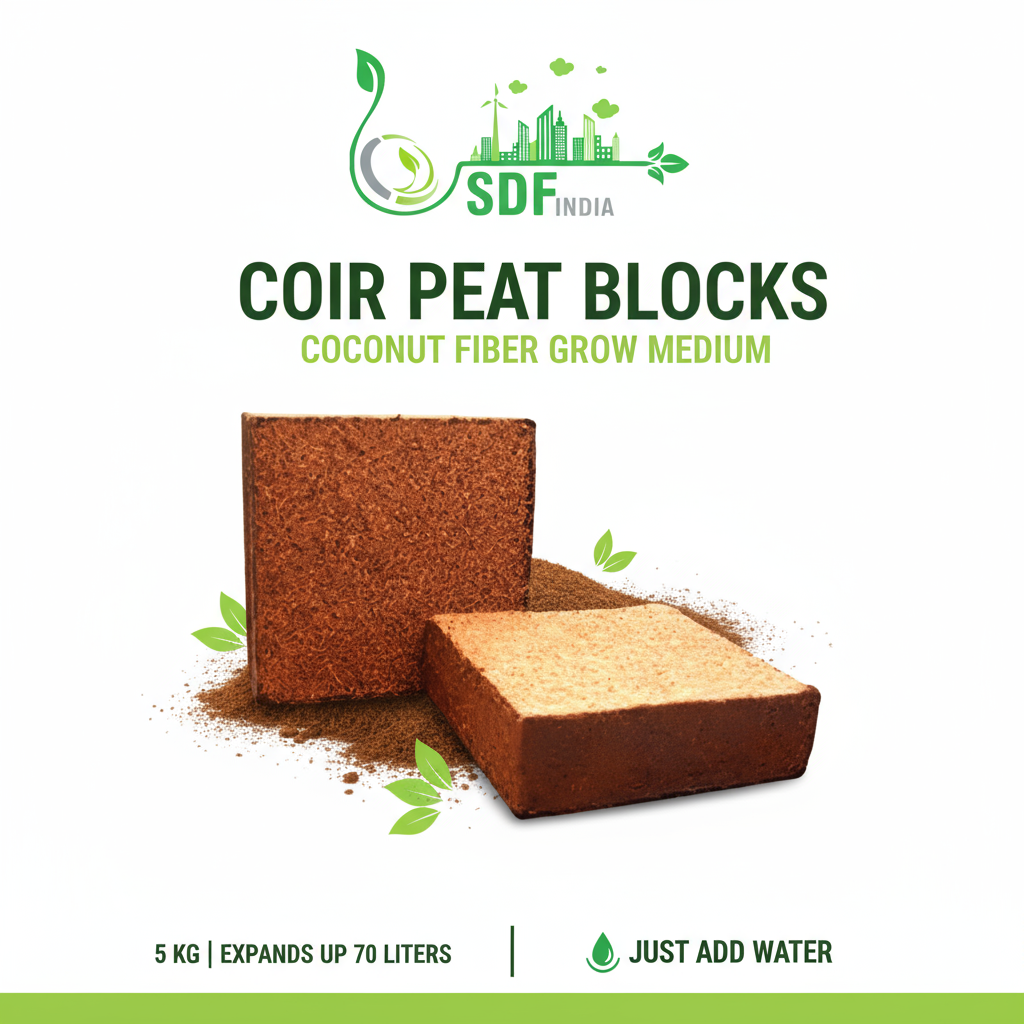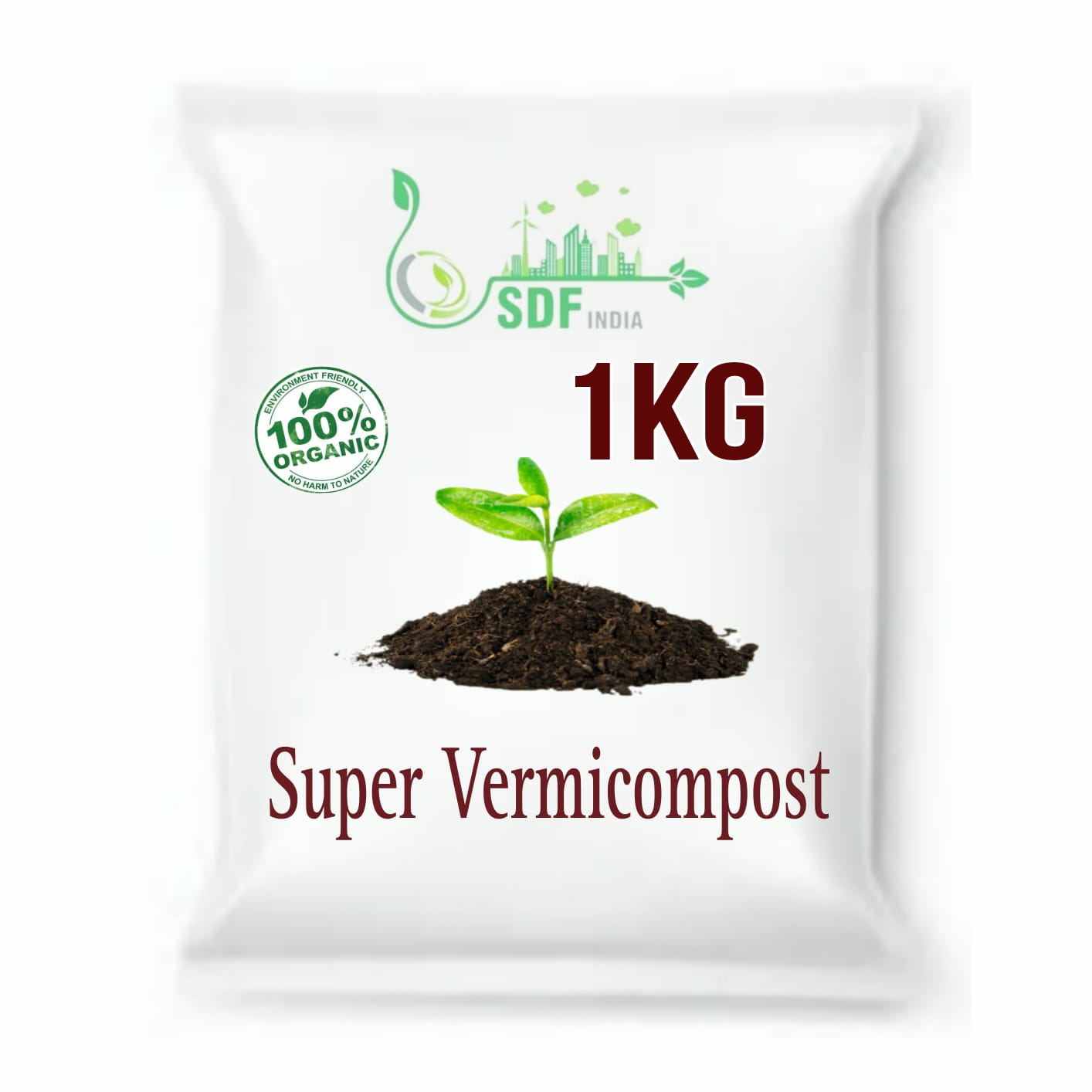COW DUNG COMPOST
Cow dung compost, also known as cow compost, is a natural fertilizer made from the waste of cows. It is a rich source of nutrients, including nitrogen, phosphorus, and potassium, as well as other trace elements that are essential for plant growth.
This type of manure is popular among gardeners and farmers because it is organic, easy to obtain, and affordable. It can be used as a soil amendment to improve soil fertility and structure, as well as a top dressing or side dressing for plants during the growing season.
Cow dung compost is typically composed of decomposed cow manure, straw or hay, and other organic materials, such as leaves or grass clippings. The manure is collected from cows and then stored in a dry, ventilated area until it has decomposed and formed a dark brown or black, crumbly material.
ADVANTAGE OF COW DUNG COMPOST
There are several advantages to using cow dung manure as a fertilizer:
- Natural and Organic: Cow dung compost is a natural and organic fertilizer, which means it does not contain any harmful chemicals or synthetic materials that can harm the environment or the health of plants and animals.
- Rich in Nutrients: Cow dung compost is rich in nutrients, including nitrogen, phosphorus, and potassium, which are essential for plant growth and development.
- Improves Soil Health: Cow dung compost helps to improve soil health by adding organic matter and improving soil structure, which in turn improves soil water holding capacity, aeration, and nutrient availability.
BENIFITES OF COW DUNG COMPOST
- Improved Plant Growth: Cow dung compost provides essential nutrients to plants that promote healthy growth and development, resulting in higher yields and better quality produce.
- Enhanced Soil Fertility: Cow dung compost improves soil fertility by increasing organic matter content, improving soil structure, and promoting beneficial soil microorganisms.
- Environmentally Friendly: Cow dung compost is a sustainable and environmentally friendly alternative to synthetic fertilizers, which can harm the environment through runoff and leaching.
- Increased Soil Water Holding Capacity: Cow dung compost increases soil water holding capacity, which means that soil can hold more water and make it available to plants, reducing the need for irrigation.
- Cost-Effective: Cow dung compost is a cost-effective alternative to synthetic fertilizers, as it is readily available and affordable.
COW DUNG COMPOST
Cow dung compost, also known as cow compost, is a natural fertilizer made from the waste of cows. It is a rich source of nutrients, including nitrogen, phosphorus, and potassium, as well as other trace elements that are essential for plant growth.
This type of manure is popular among gardeners and farmers because it is organic, easy to obtain, and affordable. It can be used as a soil amendment to improve soil fertility and structure, as well as a top dressing or side dressing for plants during the growing season.
Cow dung compost is typically composed of decomposed cow manure, straw or hay, and other organic materials, such as leaves or grass clippings. The manure is collected from cows and then stored in a dry, ventilated area until it has decomposed and formed a dark brown or black, crumbly material.
ADVANTAGE OF COW DUNG COMPOST
There are several advantages to using cow dung manure as a fertilizer:
- Natural and Organic: Cow dung compost is a natural and organic fertilizer, which means it does not contain any harmful chemicals or synthetic materials that can harm the environment or the health of plants and animals.
- Rich in Nutrients: Cow dung compost is rich in nutrients, including nitrogen, phosphorus, and potassium, which are essential for plant growth and development.
- Improves Soil Health: Cow dung compost helps to improve soil health by adding organic matter and improving soil structure, which in turn improves soil water holding capacity, aeration, and nutrient availability.
BENIFITES OF COW DUNG COMPOST
- Improved Plant Growth: Cow dung compost provides essential nutrients to plants that promote healthy growth and development, resulting in higher yields and better quality produce.
- Enhanced Soil Fertility: Cow dung compost improves soil fertility by increasing organic matter content, improving soil structure, and promoting beneficial soil microorganisms.
- Environmentally Friendly: Cow dung compost is a sustainable and environmentally friendly alternative to synthetic fertilizers, which can harm the environment through runoff and leaching.
- Increased Soil Water Holding Capacity: Cow dung compost increases soil water holding capacity, which means that soil can hold more water and make it available to plants, reducing the need for irrigation.
- Cost-Effective: Cow dung compost is a cost-effective alternative to synthetic fertilizers, as it is readily available and affordable.
COW DUNG COMPOST
Cow dung compost, also known as cow compost, is a natural fertilizer made from the waste of cows. It is a rich source of nutrients, including nitrogen, phosphorus, and potassium, as well as other trace elements that are essential for plant growth.
This type of manure is popular among gardeners and farmers because it is organic, easy to obtain, and affordable. It can be used as a soil amendment to improve soil fertility and structure, as well as a top dressing or side dressing for plants during the growing season.
Cow dung compost is typically composed of decomposed cow manure, straw or hay, and other organic materials, such as leaves or grass clippings. The manure is collected from cows and then stored in a dry, ventilated area until it has decomposed and formed a dark brown or black, crumbly material.
ADVANTAGE OF COW DUNG COMPOST
There are several advantages to using cow dung manure as a fertilizer:
- Natural and Organic: Cow dung compost is a natural and organic fertilizer, which means it does not contain any harmful chemicals or synthetic materials that can harm the environment or the health of plants and animals.
- Rich in Nutrients: Cow dung compost is rich in nutrients, including nitrogen, phosphorus, and potassium, which are essential for plant growth and development.
- Improves Soil Health: Cow dung compost helps to improve soil health by adding organic matter and improving soil structure, which in turn improves soil water holding capacity, aeration, and nutrient availability.
BENIFITES OF COW DUNG COMPOST
- Improved Plant Growth: Cow dung compost provides essential nutrients to plants that promote healthy growth and development, resulting in higher yields and better quality produce.
- Enhanced Soil Fertility: Cow dung compost improves soil fertility by increasing organic matter content, improving soil structure, and promoting beneficial soil microorganisms.
- Environmentally Friendly: Cow dung compost is a sustainable and environmentally friendly alternative to synthetic fertilizers, which can harm the environment through runoff and leaching.
- Increased Soil Water Holding Capacity: Cow dung compost increases soil water holding capacity, which means that soil can hold more water and make it available to plants, reducing the need for irrigation.
- Cost-Effective: Cow dung compost is a cost-effective alternative to synthetic fertilizers, as it is readily available and affordable.
COW DUNG COMPOST
Cow dung compost, also known as cow compost, is a natural fertilizer made from the waste of cows. It is a rich source of nutrients, including nitrogen, phosphorus, and potassium, as well as other trace elements that are essential for plant growth.
This type of manure is popular among gardeners and farmers because it is organic, easy to obtain, and affordable. It can be used as a soil amendment to improve soil fertility and structure, as well as a top dressing or side dressing for plants during the growing season.
Cow dung compost is typically composed of decomposed cow manure, straw or hay, and other organic materials, such as leaves or grass clippings. The manure is collected from cows and then stored in a dry, ventilated area until it has decomposed and formed a dark brown or black, crumbly material.
ADVANTAGE OF COW DUNG COMPOST
There are several advantages to using cow dung manure as a fertilizer:
- Natural and Organic: Cow dung compost is a natural and organic fertilizer, which means it does not contain any harmful chemicals or synthetic materials that can harm the environment or the health of plants and animals.
- Rich in Nutrients: Cow dung compost is rich in nutrients, including nitrogen, phosphorus, and potassium, which are essential for plant growth and development.
- Improves Soil Health: Cow dung compost helps to improve soil health by adding organic matter and improving soil structure, which in turn improves soil water holding capacity, aeration, and nutrient availability.
BENIFITES OF COW DUNG COMPOST
- Improved Plant Growth: Cow dung compost provides essential nutrients to plants that promote healthy growth and development, resulting in higher yields and better quality produce.
- Enhanced Soil Fertility: Cow dung compost improves soil fertility by increasing organic matter content, improving soil structure, and promoting beneficial soil microorganisms.
- Environmentally Friendly: Cow dung compost is a sustainable and environmentally friendly alternative to synthetic fertilizers, which can harm the environment through runoff and leaching.
- Increased Soil Water Holding Capacity: Cow dung compost increases soil water holding capacity, which means that soil can hold more water and make it available to plants, reducing the need for irrigation.
- Cost-Effective: Cow dung compost is a cost-effective alternative to synthetic fertilizers, as it is readily available and affordable.
COW DUNG COMPOST
Cow dung compost, also known as cow compost, is a natural fertilizer made from the waste of cows. It is a rich source of nutrients, including nitrogen, phosphorus, and potassium, as well as other trace elements that are essential for plant growth.
This type of manure is popular among gardeners and farmers because it is organic, easy to obtain, and affordable. It can be used as a soil amendment to improve soil fertility and structure, as well as a top dressing or side dressing for plants during the growing season.
Cow dung compost is typically composed of decomposed cow manure, straw or hay, and other organic materials, such as leaves or grass clippings. The manure is collected from cows and then stored in a dry, ventilated area until it has decomposed and formed a dark brown or black, crumbly material.
ADVANTAGE OF COW DUNG COMPOST
There are several advantages to using cow dung manure as a fertilizer:
- Natural and Organic: Cow dung compost is a natural and organic fertilizer, which means it does not contain any harmful chemicals or synthetic materials that can harm the environment or the health of plants and animals.
- Rich in Nutrients: Cow dung compost is rich in nutrients, including nitrogen, phosphorus, and potassium, which are essential for plant growth and development.
- Improves Soil Health: Cow dung compost helps to improve soil health by adding organic matter and improving soil structure, which in turn improves soil water holding capacity, aeration, and nutrient availability.
BENIFITES OF COW DUNG COMPOST
- Improved Plant Growth: Cow dung compost provides essential nutrients to plants that promote healthy growth and development, resulting in higher yields and better quality produce.
- Enhanced Soil Fertility: Cow dung compost improves soil fertility by increasing organic matter content, improving soil structure, and promoting beneficial soil microorganisms.
- Environmentally Friendly: Cow dung compost is a sustainable and environmentally friendly alternative to synthetic fertilizers, which can harm the environment through runoff and leaching.
- Increased Soil Water Holding Capacity: Cow dung compost increases soil water holding capacity, which means that soil can hold more water and make it available to plants, reducing the need for irrigation.
- Cost-Effective: Cow dung compost is a cost-effective alternative to synthetic fertilizers, as it is readily available and affordable.
COW DUNG COMPOST
Cow dung compost, also known as cow compost, is a natural fertilizer made from the waste of cows. It is a rich source of nutrients, including nitrogen, phosphorus, and potassium, as well as other trace elements that are essential for plant growth.
This type of manure is popular among gardeners and farmers because it is organic, easy to obtain, and affordable. It can be used as a soil amendment to improve soil fertility and structure, as well as a top dressing or side dressing for plants during the growing season.
Cow dung compost is typically composed of decomposed cow manure, straw or hay, and other organic materials, such as leaves or grass clippings. The manure is collected from cows and then stored in a dry, ventilated area until it has decomposed and formed a dark brown or black, crumbly material.
ADVANTAGE OF COW DUNG COMPOST
There are several advantages to using cow dung manure as a fertilizer:
- Natural and Organic: Cow dung compost is a natural and organic fertilizer, which means it does not contain any harmful chemicals or synthetic materials that can harm the environment or the health of plants and animals.
- Rich in Nutrients: Cow dung compost is rich in nutrients, including nitrogen, phosphorus, and potassium, which are essential for plant growth and development.
- Improves Soil Health: Cow dung compost helps to improve soil health by adding organic matter and improving soil structure, which in turn improves soil water holding capacity, aeration, and nutrient availability.
BENIFITES OF COW DUNG COMPOST
- Improved Plant Growth: Cow dung compost provides essential nutrients to plants that promote healthy growth and development, resulting in higher yields and better quality produce.
- Enhanced Soil Fertility: Cow dung compost improves soil fertility by increasing organic matter content, improving soil structure, and promoting beneficial soil microorganisms.
- Environmentally Friendly: Cow dung compost is a sustainable and environmentally friendly alternative to synthetic fertilizers, which can harm the environment through runoff and leaching.
- Increased Soil Water Holding Capacity: Cow dung compost increases soil water holding capacity, which means that soil can hold more water and make it available to plants, reducing the need for irrigation.
- Cost-Effective: Cow dung compost is a cost-effective alternative to synthetic fertilizers, as it is readily available and affordable.
COW DUNG COMPOST
Cow dung compost, also known as cow compost, is a natural fertilizer made from the waste of cows. It is a rich source of nutrients, including nitrogen, phosphorus, and potassium, as well as other trace elements that are essential for plant growth.
This type of manure is popular among gardeners and farmers because it is organic, easy to obtain, and affordable. It can be used as a soil amendment to improve soil fertility and structure, as well as a top dressing or side dressing for plants during the growing season.
Cow dung compost is typically composed of decomposed cow manure, straw or hay, and other organic materials, such as leaves or grass clippings. The manure is collected from cows and then stored in a dry, ventilated area until it has decomposed and formed a dark brown or black, crumbly material.
ADVANTAGE OF COW DUNG COMPOST
There are several advantages to using cow dung manure as a fertilizer:
- Natural and Organic: Cow dung compost is a natural and organic fertilizer, which means it does not contain any harmful chemicals or synthetic materials that can harm the environment or the health of plants and animals.
- Rich in Nutrients: Cow dung compost is rich in nutrients, including nitrogen, phosphorus, and potassium, which are essential for plant growth and development.
- Improves Soil Health: Cow dung compost helps to improve soil health by adding organic matter and improving soil structure, which in turn improves soil water holding capacity, aeration, and nutrient availability.
BENIFITES OF COW DUNG COMPOST
- Improved Plant Growth: Cow dung compost provides essential nutrients to plants that promote healthy growth and development, resulting in higher yields and better quality produce.
- Enhanced Soil Fertility: Cow dung compost improves soil fertility by increasing organic matter content, improving soil structure, and promoting beneficial soil microorganisms.
- Environmentally Friendly: Cow dung compost is a sustainable and environmentally friendly alternative to synthetic fertilizers, which can harm the environment through runoff and leaching.
- Increased Soil Water Holding Capacity: Cow dung compost increases soil water holding capacity, which means that soil can hold more water and make it available to plants, reducing the need for irrigation.
- Cost-Effective: Cow dung compost is a cost-effective alternative to synthetic fertilizers, as it is readily available and affordable.
COW DUNG COMPOST
Cow dung compost, also known as cow compost, is a natural fertilizer made from the waste of cows. It is a rich source of nutrients, including nitrogen, phosphorus, and potassium, as well as other trace elements that are essential for plant growth.
This type of manure is popular among gardeners and farmers because it is organic, easy to obtain, and affordable. It can be used as a soil amendment to improve soil fertility and structure, as well as a top dressing or side dressing for plants during the growing season.
Cow dung compost is typically composed of decomposed cow manure, straw or hay, and other organic materials, such as leaves or grass clippings. The manure is collected from cows and then stored in a dry, ventilated area until it has decomposed and formed a dark brown or black, crumbly material.
ADVANTAGE OF COW DUNG COMPOST
There are several advantages to using cow dung manure as a fertilizer:
- Natural and Organic: Cow dung compost is a natural and organic fertilizer, which means it does not contain any harmful chemicals or synthetic materials that can harm the environment or the health of plants and animals.
- Rich in Nutrients: Cow dung compost is rich in nutrients, including nitrogen, phosphorus, and potassium, which are essential for plant growth and development.
- Improves Soil Health: Cow dung compost helps to improve soil health by adding organic matter and improving soil structure, which in turn improves soil water holding capacity, aeration, and nutrient availability.
BENIFITES OF COW DUNG COMPOST
- Improved Plant Growth: Cow dung compost provides essential nutrients to plants that promote healthy growth and development, resulting in higher yields and better quality produce.
- Enhanced Soil Fertility: Cow dung compost improves soil fertility by increasing organic matter content, improving soil structure, and promoting beneficial soil microorganisms.
- Environmentally Friendly: Cow dung compost is a sustainable and environmentally friendly alternative to synthetic fertilizers, which can harm the environment through runoff and leaching.
- Increased Soil Water Holding Capacity: Cow dung compost increases soil water holding capacity, which means that soil can hold more water and make it available to plants, reducing the need for irrigation.
- Cost-Effective: Cow dung compost is a cost-effective alternative to synthetic fertilizers, as it is readily available and affordable.


